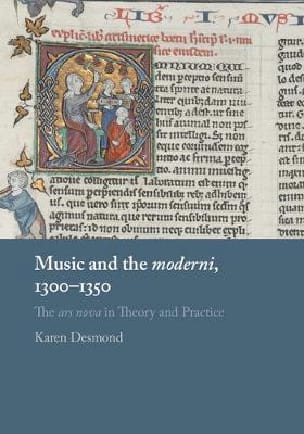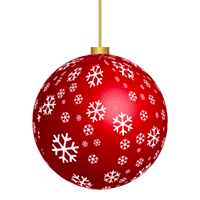 | Music and the moderni, 1300-1350
Karen DESMOND
The ars nova in Theory and Practice
Livre - ReliéCambridge University Press
 9781107167094 9781107167094
322 pages
| | 144.70 € | EN STOCK
| • 30 jours pour changer d'avis ! | • Avis clients | |   |
|
Music theorists labelled the musical art of the 1330s and 1340s as 'new' and 'modern'. A close reading of writings on music theory and the polyphonic repertory from the first half of the fourteenth century reveals a modern musical art that arose due to specific innovations in music notation. The French ars nova employed as its theoretical fundament a new system for arranging musical time proposed by the astronomer and mathematician Jean des Murs. Challenging prevailing accounts of the ars nova, this book presents the 'new art' within the intellectual context of its time, revises the datings of Jean des Murs's writings on music theory, and presents the intersection of theory and practice for a crucial era in the history of music. Through contemporaneous accounts, Desmond explores how individuals were involved in 'changing' music in early fourteenth-century France, and the technical developments they pursued that precipitated this stylistic change.
|
  | | | 100% Musique, 100% Cadeau !   
| |



